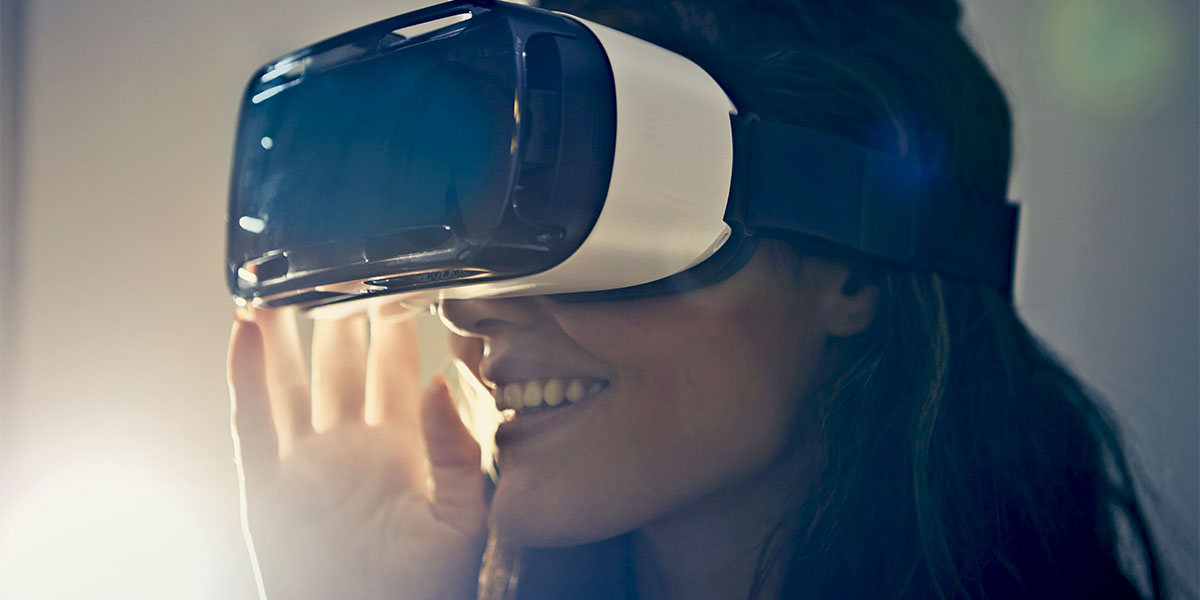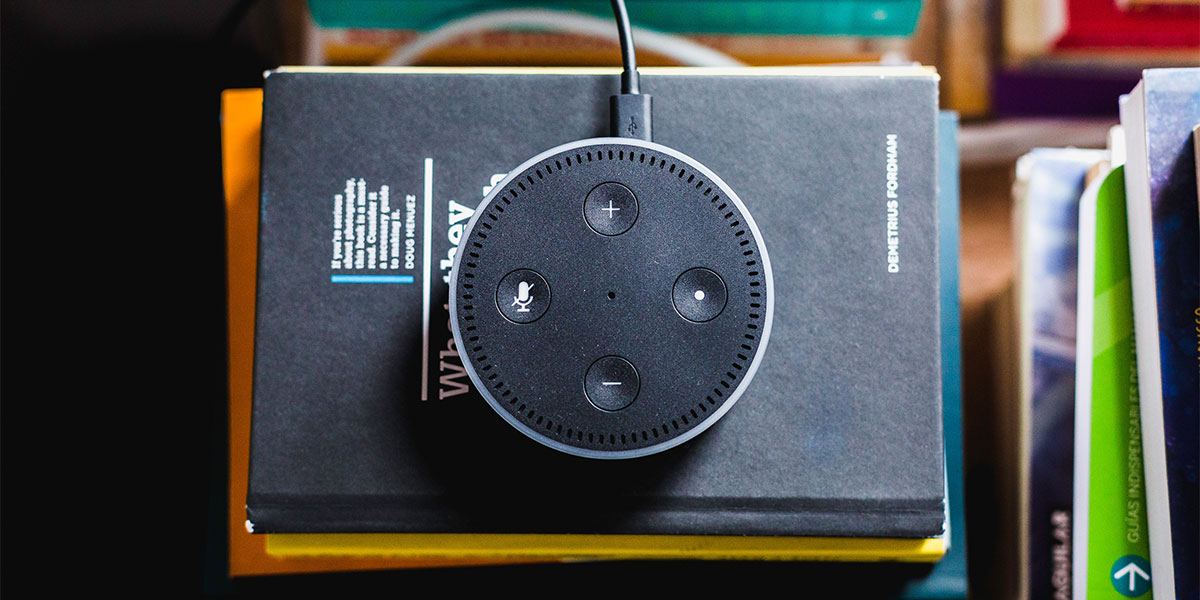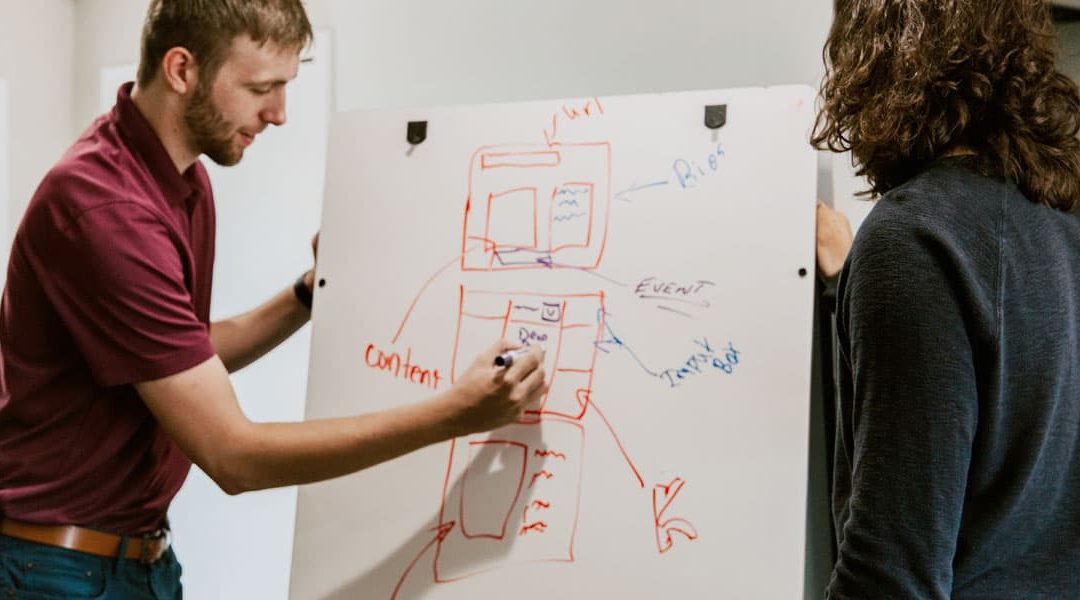
How to Identify Specifications for a New CMS
Selection of a museum collections management system involves understanding stakeholder requirements and developing specifications for the CMS

Selection of a museum collections management system involves understanding stakeholder requirements and developing specifications for the CMS

KM and learning require systems that support collaboration (tacit knowledge transfer) and document and codify knowledge (transfer from systems to people).

Skills for special librarians include evaluating “obsolete” formats and equipment in context of library’s mission, scope and needs of researchers and users.

Lucidea webinar on Hewlett-Packard’s KM program presented by Stan Garfield with secrets to knowledge capture and reuse of tactics for ensuring participation.

Museums should develop strategies addressing trends outlined in the CFM TrendsWatch report including Decolonization, Blockchain, Self-Care, and Trust.

Skills for special librarians include leveraging technology as an efficient tool; formats have changed, former print indices and catalogs are now online.

Database query versus search engines: searching specific databases yields focused results. The best use of search engines is preliminary research.
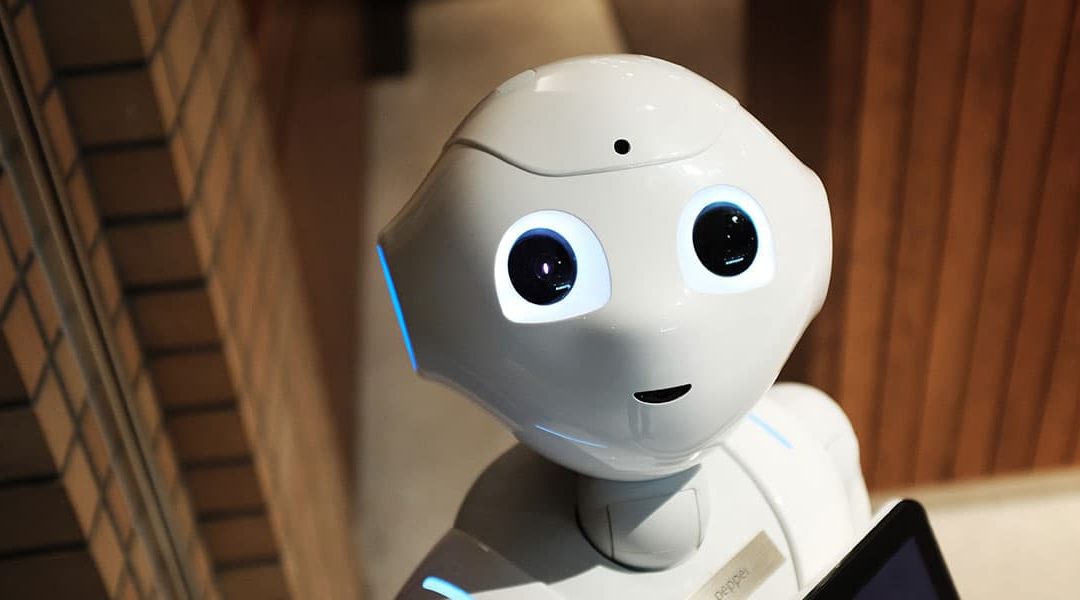
Robots in libraries can provide a better research experience. Librarians should consider uses of artificial intelligence and robotics in special libraries.

Active listening in special librarian reference interviews is essential to monotasking and focus; avoid distraction librarians and technology.

Special librarians must embrace monotasking when doing library reference research; do not let technology be a distraction. Increasing productivity as librarian.
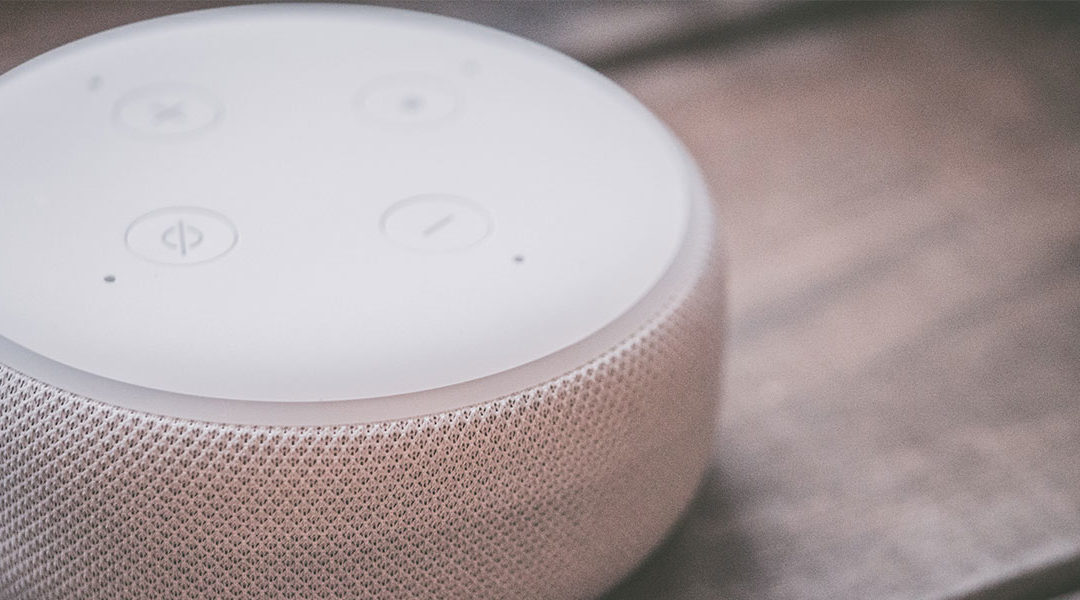
Special librarians should consider the Internet of Things and Libraries: IoT will allow special library users to explore and consume content in different ways.

Special librarians can leverage social media trends to brand and market library products and services.
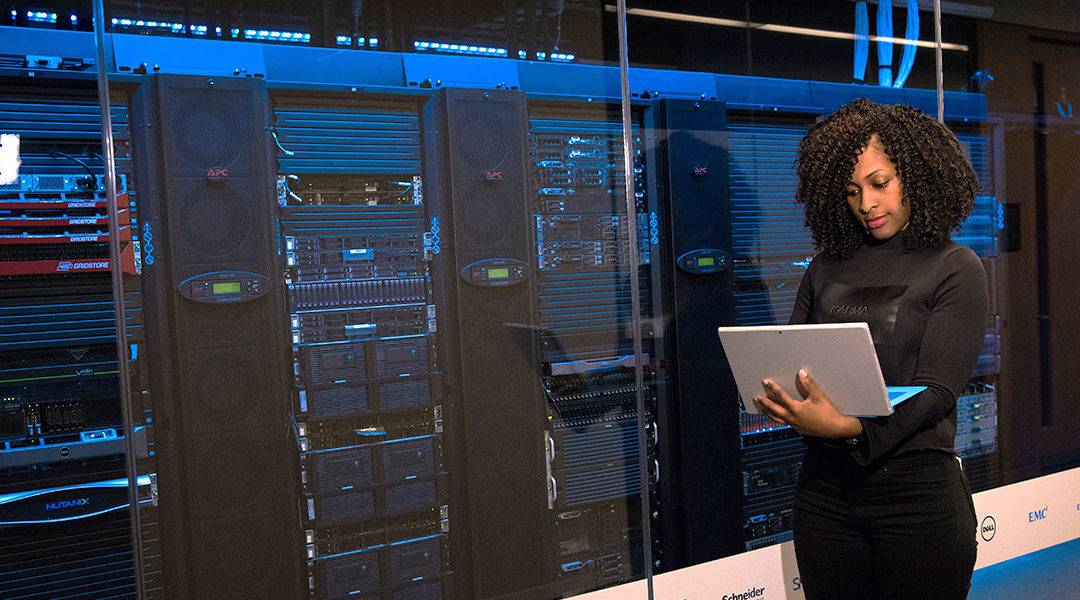
Machine-based learning in special libraries, e.g., harvest information from our databases and intranets and learn or predict our users’ behaviours.
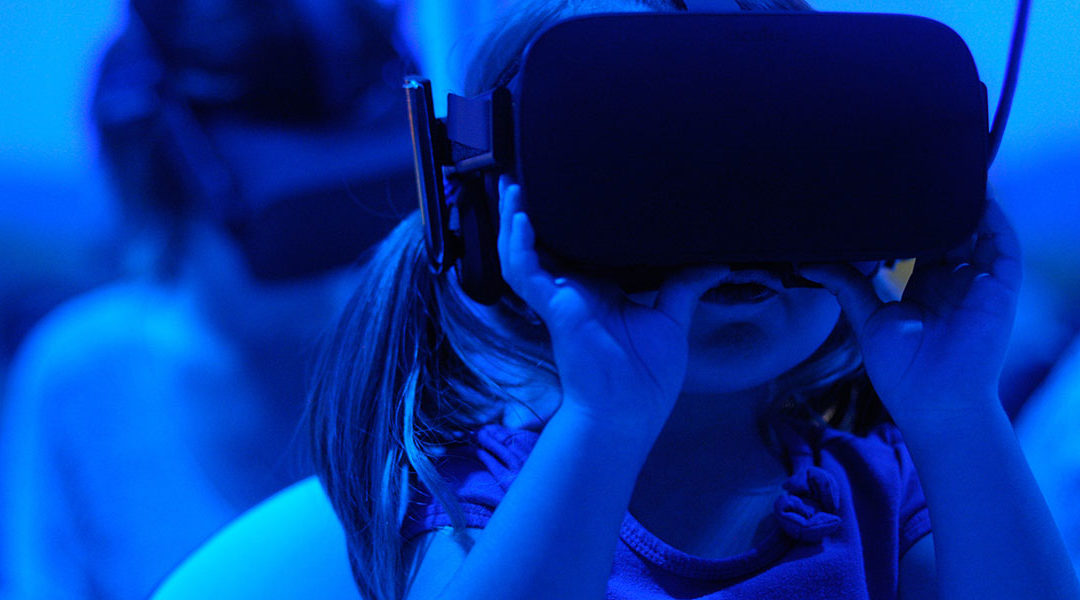
Virtual-only museums react dynamically to changing trends, user-needs, and new technology. Works best when supported by robust museum collections management system.
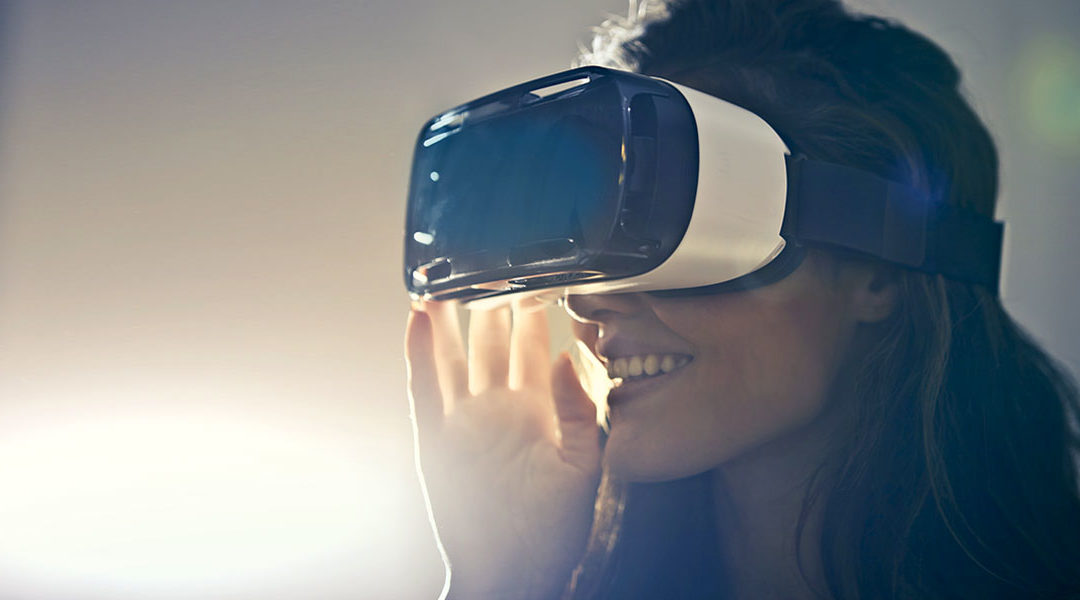
Augmented Reality in Libraries: AR technology is relevant for special libraries and can be used absolutely free to enrich the end user’s experience.

Choosing which digital archives to preserve. Technical appraisal that considers how digital files are read, documented, processed, and preserved is critical

Special Librarians evaluating new ILS technology must keep in mind the mission and different users who access data and collections.
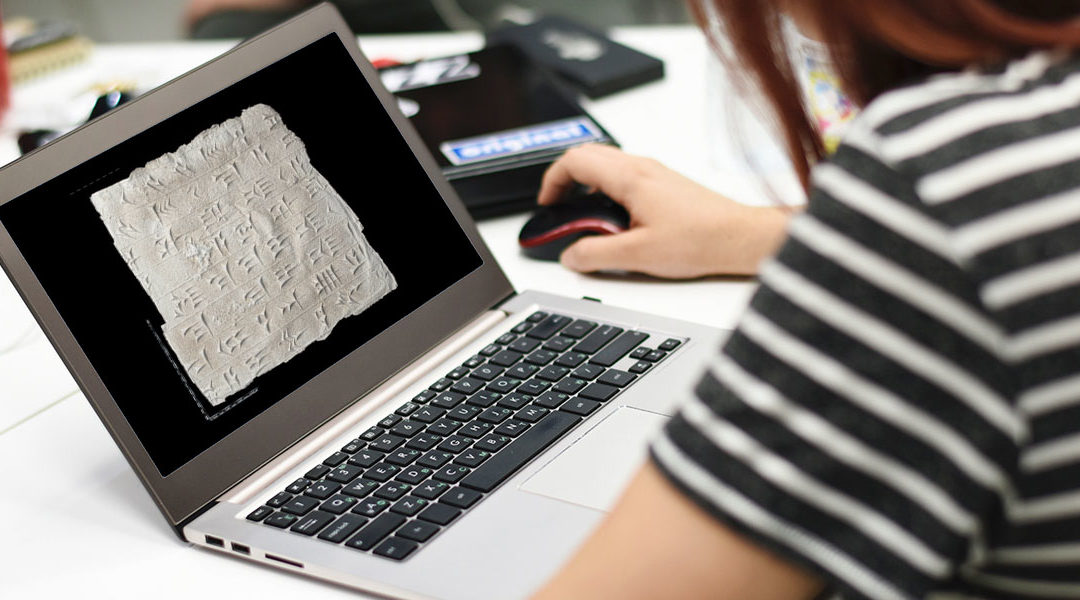
2D digitization often isn’t enough in a museum; However, RTI is an alternative option for objects that are mostly 2D, but require a more powerful form of digitization.

Artificial intelligence (AI) can help librarians ensure digital content is relevant and manageable. AI may be the next frontier for special librarianship.
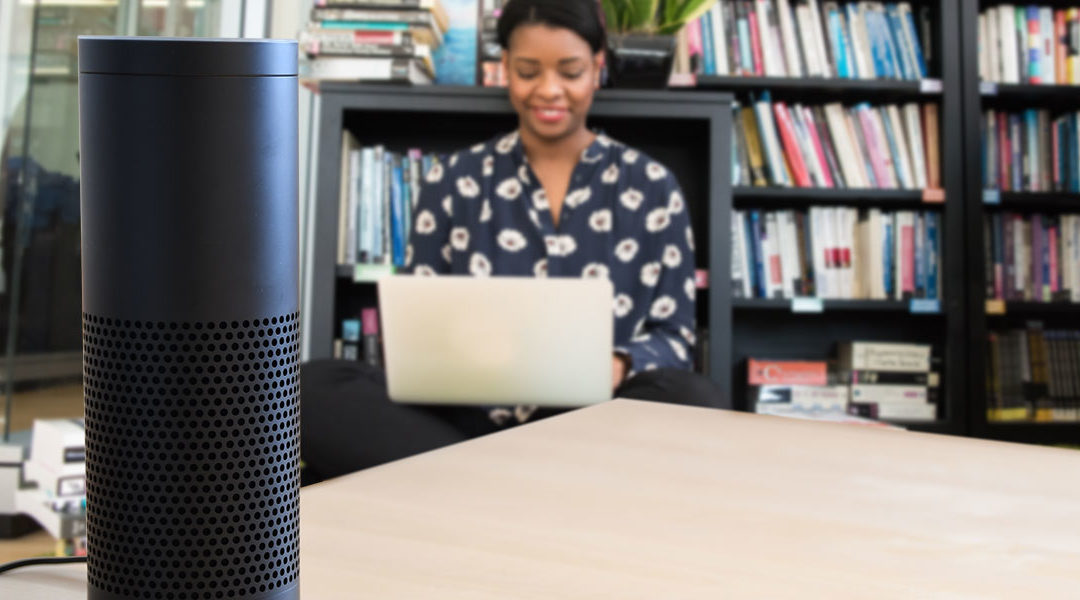
Special librarians can leverage emerging technologies that go beyond automating transactions and adapt to human behaviours and “remembering”.
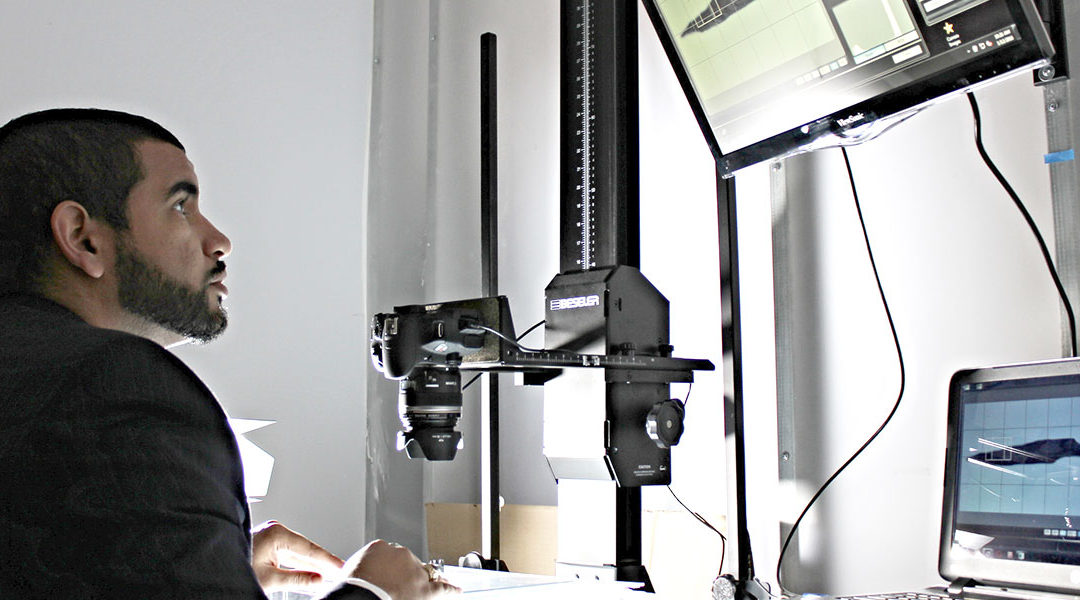
3D digitization options that have emerged as leaders in the museum and cultural heritage fields are photogrammetry and LIDAR scanning (this post).

3D digitization options that have emerged as leaders in the museum and cultural heritage fields are photogrammetry (this post) and LIDAR scanning.
Museums have an opportunity now to be proactive in the augmented and virtual reality realms and deliver a more immersive experience to visitors.
Too strong a focus on technology is a common problem in KM implementations; KM guru Stan Garfield discusses how to embrace technology appropriately.
Library consultant Stephen Abram describes ways for special librarians to understand/embrace technologies that “move the needle in the question space.”
